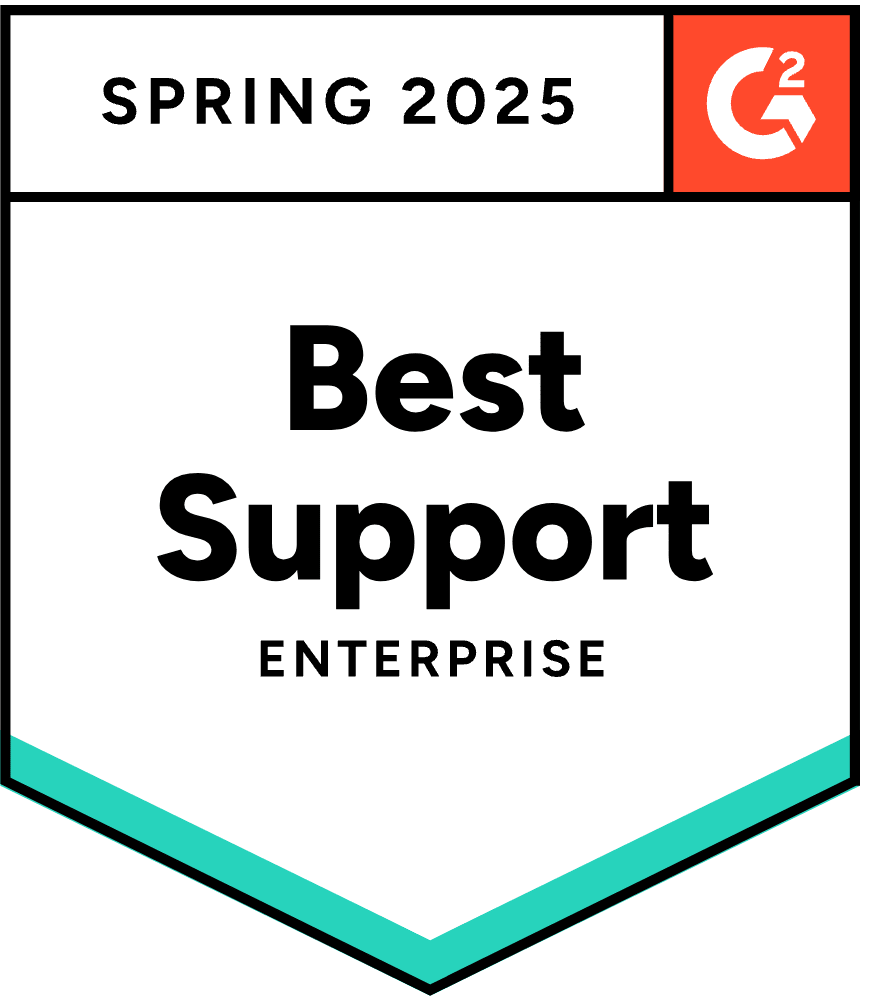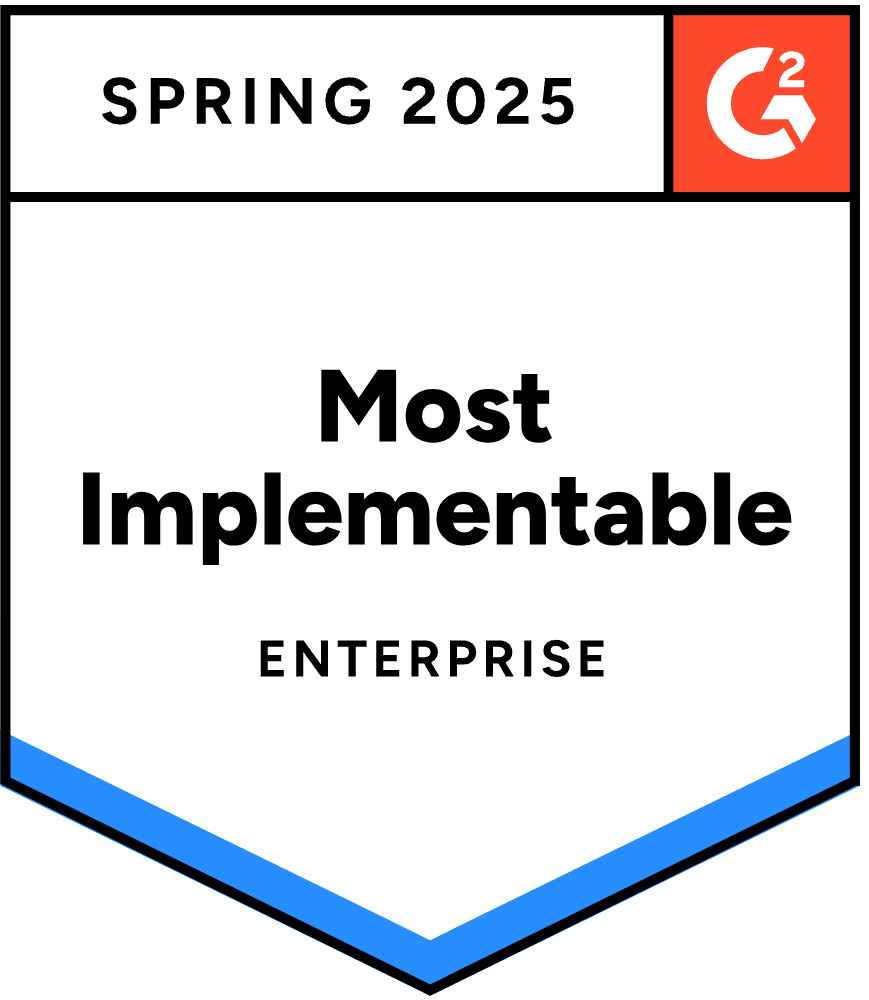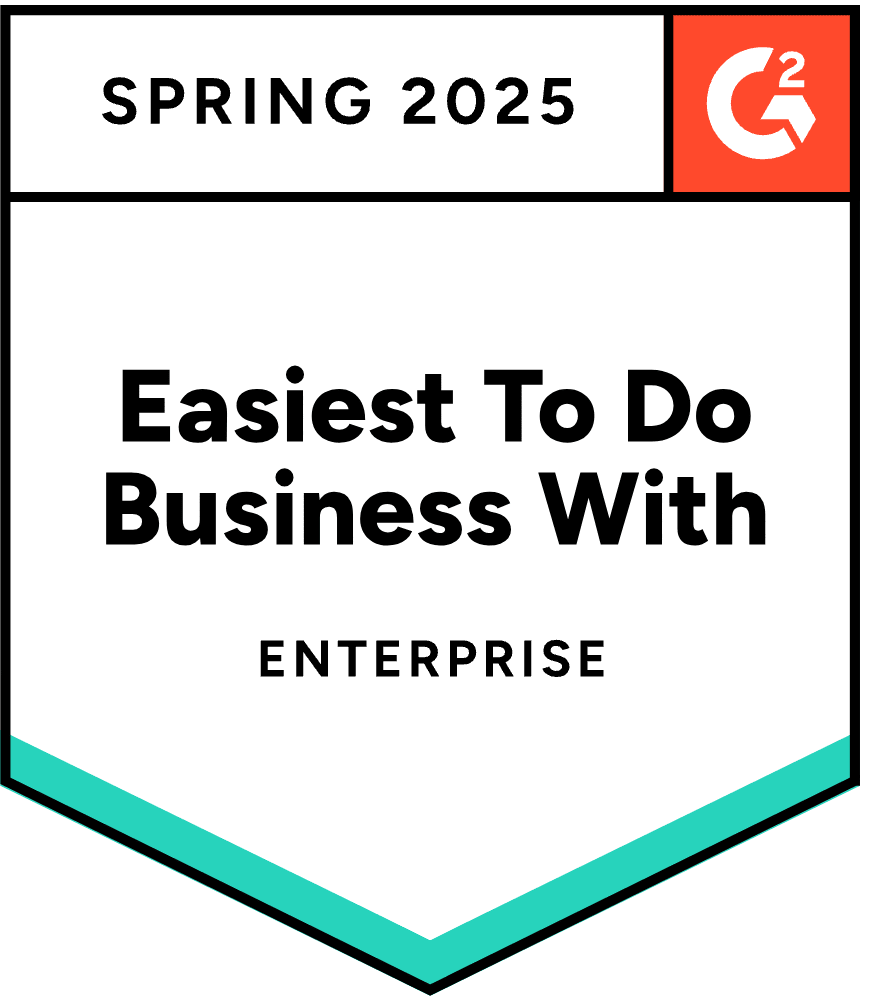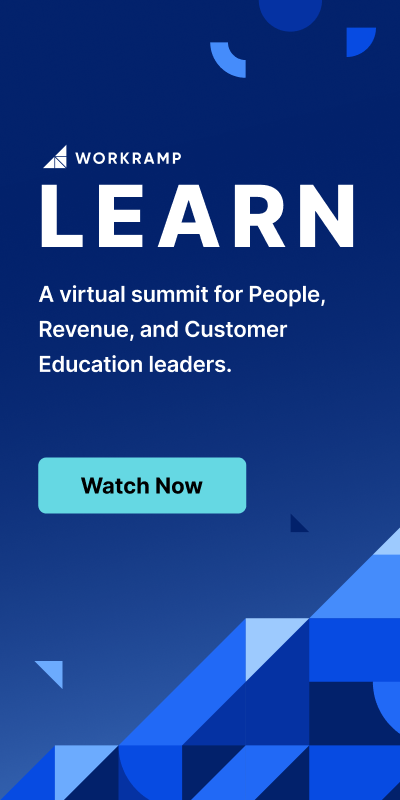You might also like
Try these strategies to improve employee engagement and performance
Companies with strong cultures see greater employee engagement and increased productivity. Learn to create a culture that promotes growth, helps you retain top talent, and drives results.
What are the benefits of online learning?
When it comes to professional development and continued learning, online courses and programs offer several advantages over traditional in-person options.
Why you need sales enablement content as part of your sales strategy
The right sales enablement content empowers your team to answer questions, address objections, concerns, and pain points, and convert prospects into customers.
Decrease Ramp Time and Increase Revenue
Get in touch to learn how WorkRamp can help you achieve your learning and development goals.
Request a Demo




